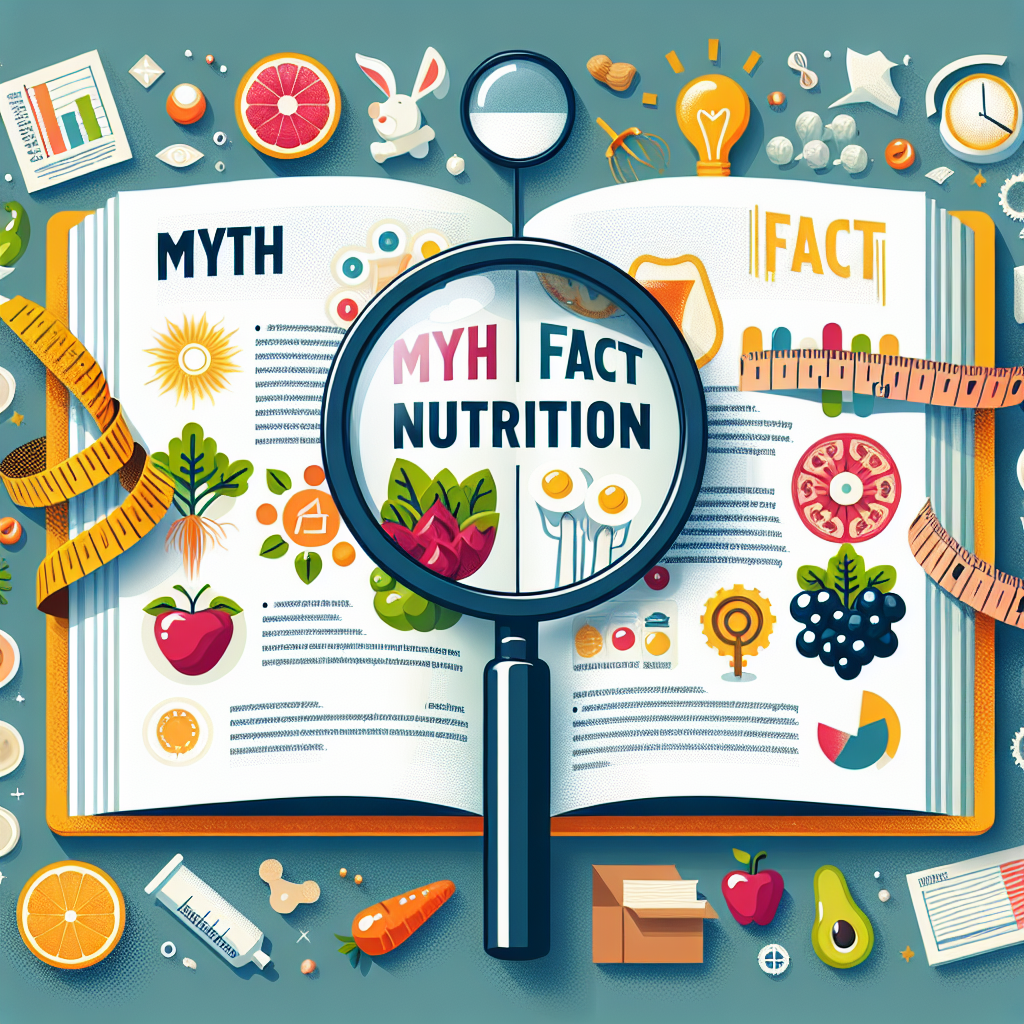Understanding Macronutrients: Proteins, Carbohydrates, and Fats
When it comes to maintaining a healthy lifestyle, understanding macronutrients is essential. Macronutrients are the three main components of our diet: proteins, carbohydrates, and fats. Each macronutrient plays a unique role in our bodies and provides us with the energy and nutrients we need to function optimally.
Proteins
Proteins are often referred to as the building blocks of life. They are responsible for the growth, repair, and maintenance of our body tissues. In addition to this, proteins also play a crucial role in the production of enzymes, hormones, and antibodies. Good sources of protein include lean meats, poultry, fish, eggs, dairy products, legumes, and nuts.
Carbohydrates
Carbohydrates are our body’s primary source of energy. They are broken down into glucose, which is then used by our cells to produce energy. There are two types of carbohydrates: simple and complex. Simple carbohydrates, found in fruits, vegetables, and refined sugars, provide quick energy. Complex carbohydrates, found in whole grains, legumes, and starchy vegetables, provide sustained energy and are rich in fiber.
Fats
Fats are often misunderstood and wrongly associated with weight gain. However, fats are an essential macronutrient that our body needs for insulation, cushioning of organs, and the absorption of fat-soluble vitamins. There are different types of fats, including saturated fats, unsaturated fats, and trans fats. It is important to focus on consuming healthy fats, such as those found in avocados, nuts, seeds, and olive oil, while limiting the intake of saturated and trans fats.
Understanding macronutrients and their role in our diet is crucial for maintaining a balanced and healthy lifestyle. By incorporating a variety of proteins, carbohydrates, and fats into our meals, we can ensure that our bodies receive the necessary nutrients for optimal functioning.




